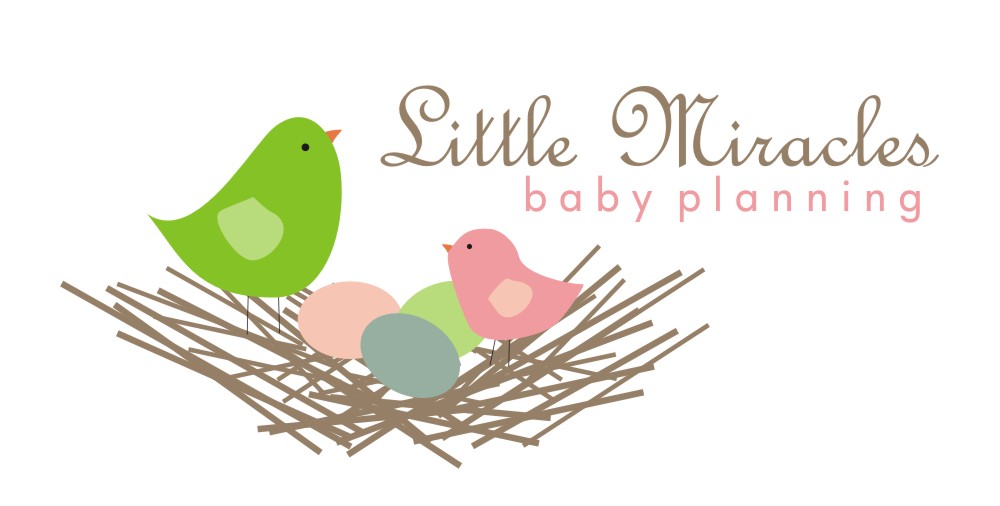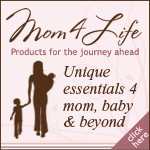From Fit Pregnancy:
Safety of Baby Shampoo Questioned

11.03.11 Environmental groups blast signature brand for use of chemicals in popular product.
Johnson's Baby Shampoo, one of the world's most widely used baby care products, is being targeted by environmental health groups, The Associated Press reports.
The Campaign for Safe Cosmetics says that the signature baby shampoo still contains known carcinogens, even though the company has removed the chemicals in question in other countries. The group is calling on Johnson & Johnson to remove the chemicals from all products worldwide, the AP reports.
The two chemicals—formaldehyde-releasing quaternium-15 and 1,4-dioxane—are known carcinogens. Johnson & Johnson said it is "reducing or gradually phasing out the chemicals," according to the AP article, but that the "preservatives are safe and approved by U.S. regulators." The company does list a Johnson's Natural Baby Shampoo on its website, which says its ingredients are 98 percent naturally derived.
The group is also urging consumers to boycott these baby products until the company responds. The campaign has reached out to Johnson & Johnson, insisting that the manufacturer publicly commit by Nov. 15 to the removal of these chemicals, the AP reports.
As a consumer, one of the most important things to do is read product labels. It can be difficult to make informed choices if you don't know what's in the stuff that you're using on yourself and your baby.
Remember, it's never too late or too early to create a healthy environment for you and your growing family. Check out our Going Green page for a one-stop resource for making your pregnancy greener and more eco-conscious. Plus, browse our Toxic 10 to Avoid page for a list of ingredients to try to avoid in your everyday products.
From BUSINESS WEEK:
Groups push J&J on baby shampoo chemicals
By LINDA A. JOHNSONTwo chemicals considered harmful to babies remain in Johnson & Johnson's baby shampoo sold in the U.S., even though the company already makes versions without them, according to a coalition of health and environmental groups.
The Campaign for Safe Cosmetics has unsuccessfully been urging the world's largest health care company for 2 1/2 years to remove the trace amounts of potentially cancer-causing chemicals -- dioxane and a substance called quaternium-15 that releases formaldehyde -- from Johnson's Baby Shampoo, one of its signature products.
Johnson & Johnson said it is reducing or gradually phasing out the chemicals, but did not respond directly to the campaign's demands.
Now the group is ratcheting up the pressure and urging consumers to boycott Johnson & Johnson baby products until the company agrees to remove the chemicals from its baby products sold around the world.
"Johnson & Johnson clearly can make safer baby shampoo in all the markets around the world, but it's not doing it," said Lisa Archer, director of the Campaign for Safe Cosmetics. "It's clearly a double standard, something they can easily fix."
The campaign's new report, "Baby's Tub is Still Toxic," is set to be released Tuesday, when the group was launching the boycott via its Web site, http://www.safecosmetics.org.
Archer said her group has met with Johnson & Johnson representatives three times since spring 2009, and is disappointed the company is not making safer baby shampoo and other products in the U.S. when it does elsewhere.
On Monday, the campaign sent Johnson & Johnson a letter, signed by about 25 environmental, medical and other groups representing about 3.5 million people in the U.S. and other countries. It urges the company to publicly commit by Nov. 15 to removing the chemicals from all personal care products worldwide.
In response, Johnson & Johnson said in a statement that formaldehyde-releasing preservatives are safe and approved by regulators in the U.S. and other countries, but that it is gradually phasing them out of its baby products. It said it is also reformulating baby products to reduce the level of dioxane below detectable levels. But it did not say whether it would respond to or meet the campaign's full demands.
The letter, addressed to CEO William Weldon, was signed by groups including the Breast Cancer Fund, Environmental Working Group, Friends of the Earth, American Nurses Association, Physicians for Social Responsibility and Green America.
"Even though the chemicals may be low-level, why risk it?" said Tracey J. Woodruff, an associate professor and director of the Program on Reproductive Health and the Environment at University of California-San Francisco.
Woodruff, who is not involved in the campaign, noted that the chemical levels in the baby products add to other chemicals infants are exposed to every day.
According to the report, obtained by The Associated Press, one of the suspect chemicals, quaternium-15, is a preservative that kills bacteria by releasing formaldehyde. Formaldehyde, used as a disinfectant and embalming fluid, was declared a known human carcinogen this past June by the U.S. National Toxicology Program. Formaldehyde also is a skin, eye and respiratory irritant.
Quaternium-15 is still an ingredient on Johnson & Johnson's Baby Shampoo sold in the U.S., Canada, China, Indonesia and Australia, but the campaign's research this summer found it's not in the same product sold in at least eight other countries, from the U.K. and Denmark to Japan and South Africa.
The second chemical, 1,4-dioxane, is considered a likely carcinogen. It's a byproduct of a process for making chemicals more soluble and gentler on the skin.
The campaign's May 2009 report, called "No More Toxic Tub," stated that studies by an independent laboratory it hired, Analytical Sciences LLC of Petaluma, Calif., found that 1,4-dioxane was contained in Johnson & Johnson's Baby Shampoo, Oatmeal Baby Wash, Moisture Care Baby Wash and Aveeno Baby Soothing Relief Creamy Wash.
According to the report, the company has since launched a baby shampoo called Johnson's Naturals, sold in the U.S., that does not include 1,4-dioxane. But original Johnson's baby shampoo, which costs about half as much, has not been reformulated for the U.S. market, according to the campaign.
Analytical Sciences tested multiple J&J baby product samples from the U.S. for the first report, finding low levels of the chemicals. After that, according to Archer, consumer groups in South Africa, Sweden and Japan contacted her group to note that quaternium-15 was not being used in products in their countries. The updated report was based on an examination of label ingredients for Johnson & Johnson baby products in 13 countries.
Archer noted that some of the countries where the products did not contain the harsh chemicals had bans on them in personal care products, but others didn't.
Woodruff, who researches health effects of chemicals, said there is evidence that formaldehyde is associated with nose, lung and blood cancers such as leukemia. She said an infant's scalp is more permeable than and adult's, so exposure to the chemicals could cause more harm for babies than adults.
"You're exposing a child during a very vulnerable period of development, when the effect may be worse," Woodruff said.

.png)




No comments:
Post a Comment